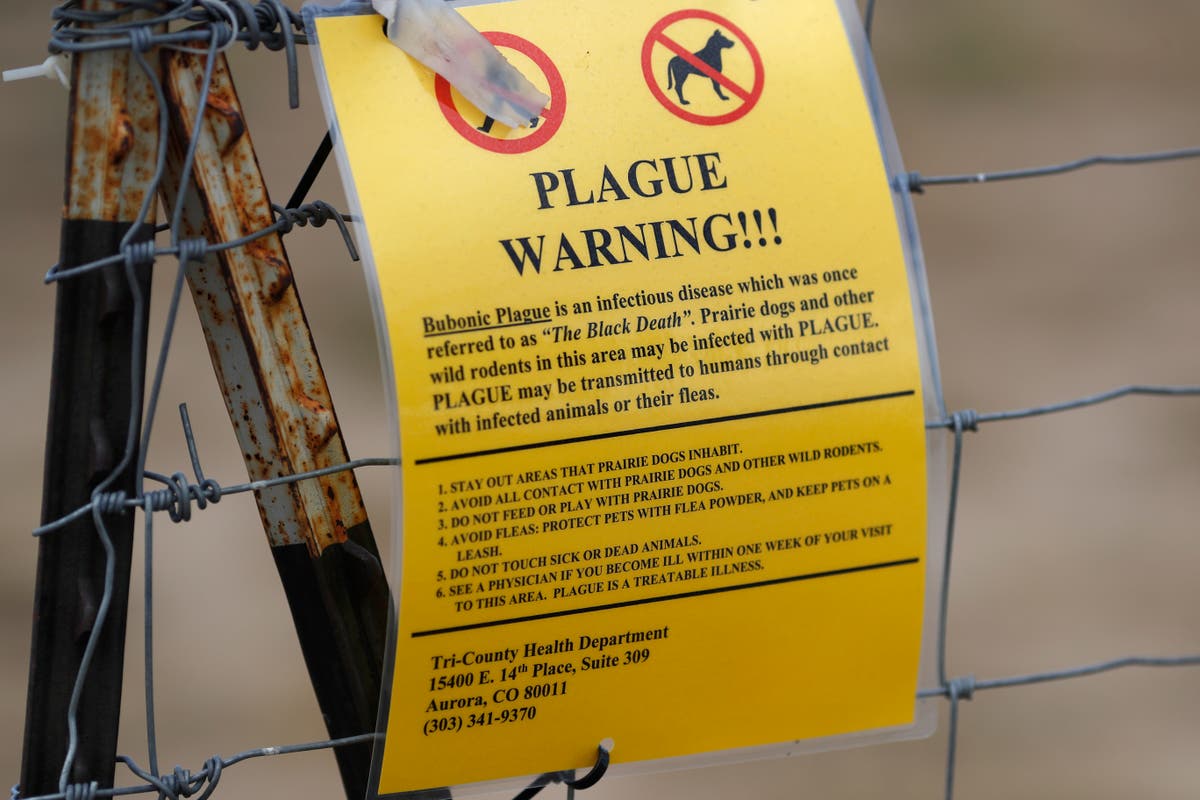Public health officials in Colorado have confirmed that a human has tested positive for the plague, a rare but potentially deadly infectious disease that’s typically spread through flea bites.
The infected individual is from Pueblo County, according to the Pueblo Department of Public Health and Environment.
While the plague conjures nightmares of flea-infested rats and dreary medieval villages filled with the dead and dying, in the modern day things aren’t so grim.



As the article says, there are typically a few cases a year in the US. It’s actually endemic in the wild. No need to panic just from a case or two popping up.
Must be confirmation bias, then. It’s usually not in the news all that much. Like, I knew it wasn’t unheard of, just thought it was more rare than a few cases a year (was thinking more like a few per decade).
It pops up in the news more than you think. Especially if they feel it’s a slow enough news day.
Bubonic plague is really not a disease to be concerned about in 2024 compared to thinks like influenza, which we’re doing very little about and which is far more likely to become an untreatable pandemic.
https://my.clevelandclinic.org/health/diseases/17782-plague
https://en.wikipedia.org/wiki/Antibiotic
We could yet wind up with things the way they were!
And the more we encroach on the wild, the more chance we have of catching things that used to stay in the wild.
The note we get into the wild, the more the wild gets into us? How nietzchean, if so.